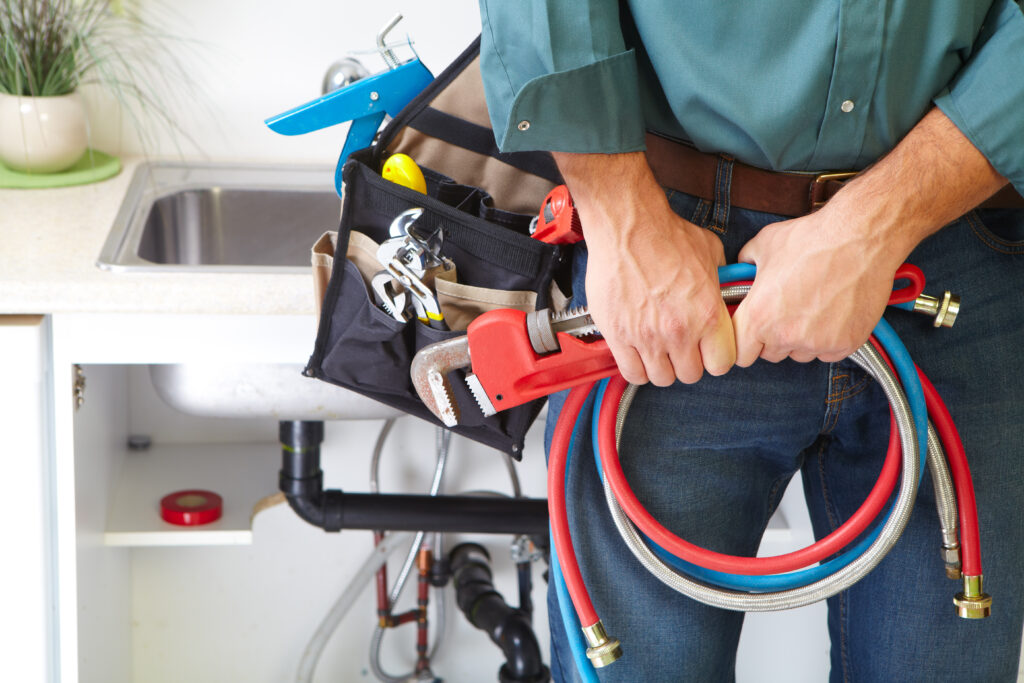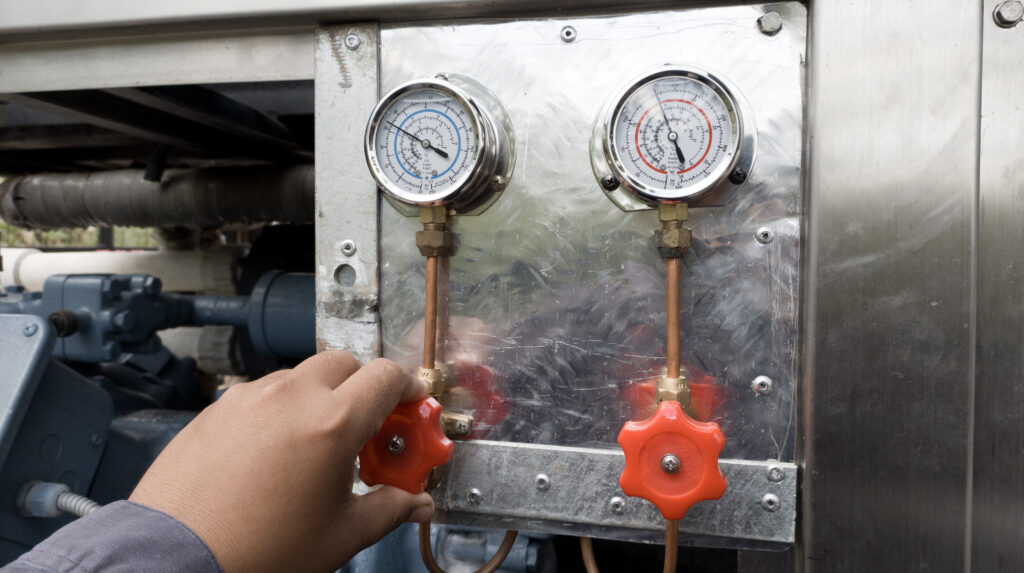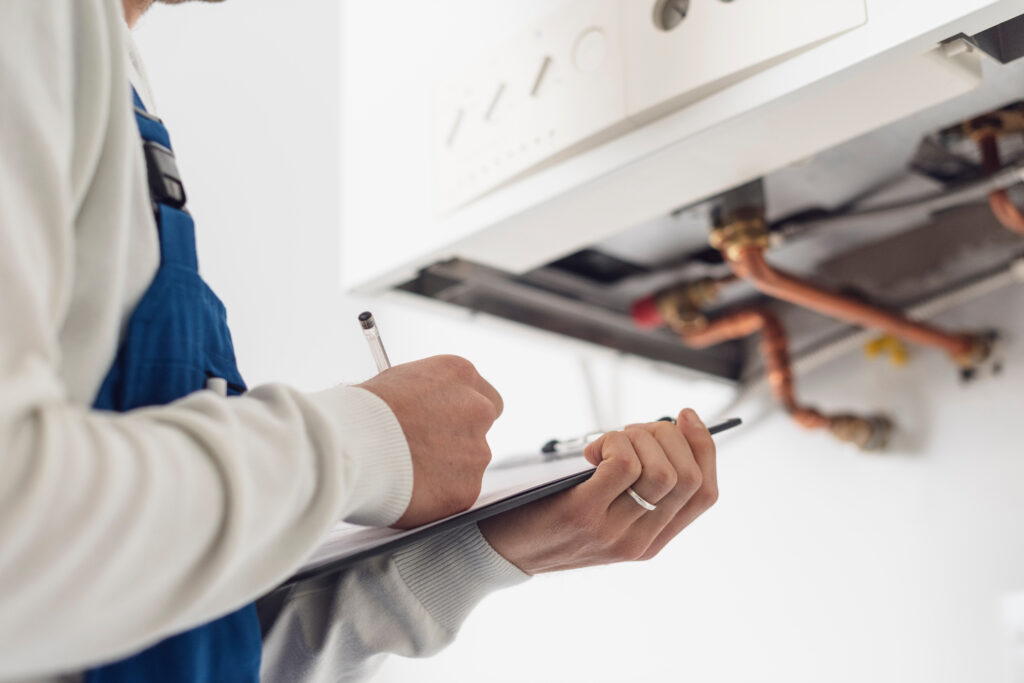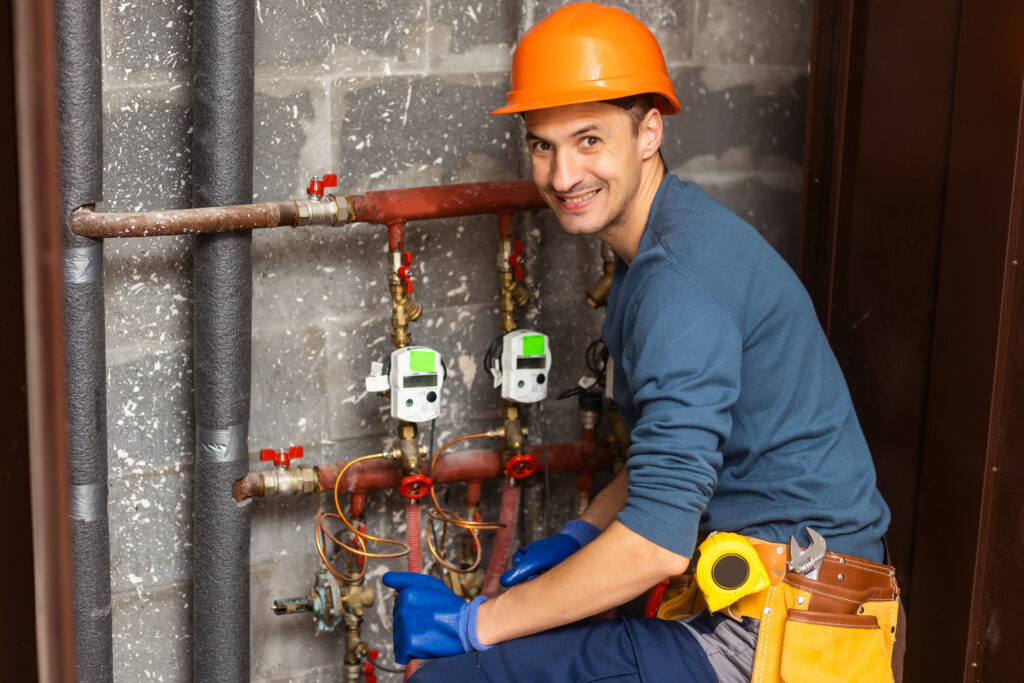When your heating system starts emitting unusual noises, takes an extended time to heat up, or if radiators exhibit cold patches, it’s possible that you are encountering issues with trapped air. This air can significantly diminish the efficiency of your heating system and subsequently lead to higher energy costs. Thankfully, the procedure to eliminate this air, commonly referred to as bleeding your radiators, is relatively simple and can typically be executed by homeowners without professional assistance from a qualified plumber. In this comprehensive guide, we will delve into the necessary steps to effectively identify and rectify problems associated with trapped air in your heating system, ensuring it operates optimally and economically.
Understanding Trapped Air in Heating Systems
Trapped air in a heating system occurs when air accumulates inside the radiators and heating pipes, hindering the efficient circulation of hot water throughout the system. This problem is frequently marked by a distinct gurgling sound or the presence of partially cold radiators, especially noticeable at the upper sections of the radiators. Before undertaking the task of expelling the air, it is essential to grasp the reasons behind air entrapment. Common causes include the initial filling of the system, any repairs that introduce air, or leaks that inadvertently allow air to infiltrate the system. Understanding these factors is crucial for effectively addressing and preventing the issue in the future, ensuring your heating system operates at its best.
Preparing to Bleed Your Radiators
Before you begin the process of bleeding the radiators, it is crucial to make sure that your heating system is switched off and has completely cooled down. This precaution is important as it prevents the risk of burns from scalding water and ensures that any air pockets within the system have settled, making them easier to remove. You should also assemble all the necessary tools required for the task, which typically include a radiator key to open the bleed valve, a cloth to catch any drips or minor spills, and a bucket to hold any excess water that might escape during the process. Ensuring you have these tools at hand will facilitate a smooth and efficient operation, reducing the likelihood of mess and inconvenience.
Bleeding the Radiators
Start the process by finding the bleed valve on the first radiator, which is typically located on the top side of the radiator. Carefully insert the radiator key into the valve and gently turn it counterclockwise. As you do this, you should begin to hear a hissing noise, which is the sound of trapped air escaping from the radiator. Be sure to have a cloth ready to catch any water that may spray out as the pressure releases. Continue to turn the valve until water starts to flow out in a steady stream, which signals that all the air has been expelled from that section. At this point, you can securely tighten the valve back. It is advisable to begin this process with the radiator that is the furthest from the boiler and progressively work your way towards it, methodically bleeding each radiator one by one. This systematic approach helps ensure that you efficiently remove air from the entire system.

Checking Boiler Pressure
Once you have completed bleeding all the radiators, it is essential to examine the pressure gauge on your boiler. The process of bleeding the radiators often results in a drop in pressure within your heating system. Should you find that the pressure has fallen too low, it becomes necessary to repressurise the system. To do this, you will typically need to open the filling loop tap on the boiler. Continue this process until the pressure gauge indicates that the pressure has returned to the recommended level, which is usually around 1-1.5 bar. Ensuring the correct pressure is crucial for the efficient and safe operation of your heating system.
Testing Your Heating System
After repressurising your system, if needed, it’s important to reactivate your heating to verify whether any signs of air remain within the system. Focus particularly on radiators that previously exhibited issues, checking to ensure they are heating evenly throughout and listening closely for any unusual noises. Should you notice that problems continue to occur, it may be necessary to perform additional bleeding of the radiators. Persistent issues after these efforts could suggest a more complex problem that may require the expertise of a professional. This step is crucial for confirming that your heating system is functioning optimally and free from air blockages.
Maintaining Your Heating System
Regular maintenance is key to preventing issues such as trapped air in your heating system. Scheduling annual servicing with a professional can significantly aid in ensuring that your system is properly filled and remains free from leaks or faults. Additionally, it is advantageous to frequently check the pressure levels within your heating system. Adjusting and repressurising as necessary helps maintain its efficient operation. Such routine care not only enhances the longevity of your heating system but also ensures it performs optimally throughout the year.
Contact The Experts
Clearing trapped air from your heating system is a crucial maintenance task that enhances both the efficiency and longevity of your heating system. By adhering to the steps detailed above, you can ensure that your radiators warm up swiftly and uniformly, which in turn reduces energy consumption and increases the comfort level of your home. It’s important to remember that regular checks and maintenance of your plumbing are the most effective strategies to maintain your heating system in excellent condition and to avoid the accumulation of air in the future. This proactive approach not only safeguards your heating system but also ensures it operates at peak performance consistently. Whether you are looking for plumbing or heating engineers or a company that carries out gas safety inspections, you have found the right company. Heat-Tec offers a professional plumbing approach, striving to achieve the highest possible standards from the start to the finish of any project. No job is complete until you are satisfied, contact us today.






